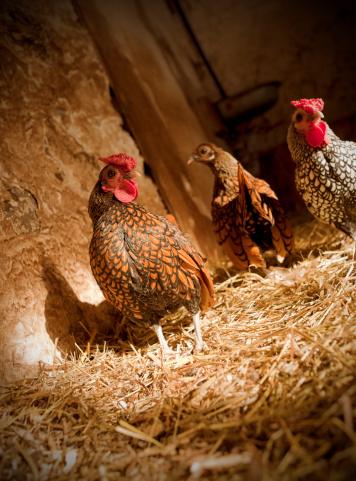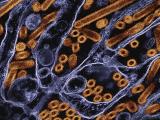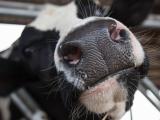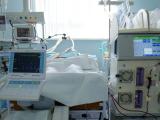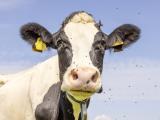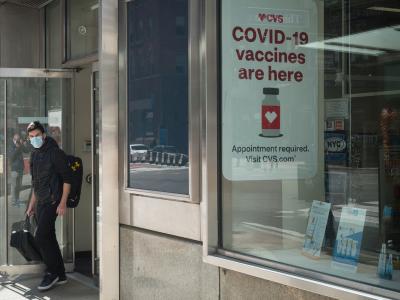No new H7N9 avian influenza cases were reported in China today, but testing for the virus showed positive results at a poultry farm and negative serology findings in Chinese veterinarians.
Since the H7N9 virus emerged last spring, nearly all detections have been at live-poultry markets, though Chinese agriculture officials have done extensive testing at farms, as well. The commercial farm that yielded the virus is located in the city of Zhuhai in southern Guangdong province, according to a report today from Xinhua, China's state news agency.
Provincial animal health authorities culled more than 80,000 chickens to control the spread of the virus. The farm—Jinfeng Poultry Co.—appears to be the same one that sourced a batch of H7-infected chickens found at a Macau poultry quarantine facility on Mar 12.
Serology results
Meanwhile, a Chinese research team tested blood samples from veterinarians working in Guangdong province and found no evidence of H7N9 infection. The team reported its findings in a Mar 18 letter to the Journal of Clinical Virology.
Researchers collected single serum samples from veterinarians in four of the province's cities: Guangzhou, Shenzhen, Huizhou, and Zhuhai from February to August 2013. Antibody titers revealed that none of the doctors had evidence of previous H7N9 infection. A similar lack of H7N9 exposure was reported last May in serology tests of Chinese poultry workers.
The team said avian flu antibodies have been detected in veterinarians elsewhere and that an H7N7 outbreak in the Netherlands resulted in the death of a veterinarian, and that the group might serve as a more sensitive sentinel.
They added that, because viruses can rapidly change, it seems prudent to monitor high-risk groups such as veterinarians, poultry workers, and health workers.
WHO confirms 4 cases
In other developments, the World Health Organization (WHO) in two separate statements today provided additional details on four H7N9 infections, an imported illness reported by Hong Kong on Mar 17 and three cases reported by China on Mar 19.
The Hong Kong patient is a 5-month-old girl from the mainland who had visited the Guangdong province city of Shenzhen before she got sick. Her illness was detected in Hong Kong, where she is hospitalized in stable condition.
The three other case-patients are a 71-year-old woman and a 73-year-old man from Guangdong province and a 75-year-old woman from Hunan province. The Guangdong patients had been exposed to poultry before they got sick.
Illness onsets range from Mar 5 to Mar 10. All three patients are hospitalized, the WHO said.
See also:
Mar 20 Xinhua story
Mar 13 Macau government statement
Mar 18 J Clin Virol landing page
May 29, 2013, CIDRAP News scan "Blood study finds no earlier H7N9 infections in Chinese poultry workers"
Mar 20 WHO statement on Hong Kong case
Mar 20 WHO statement on Chinese cases
